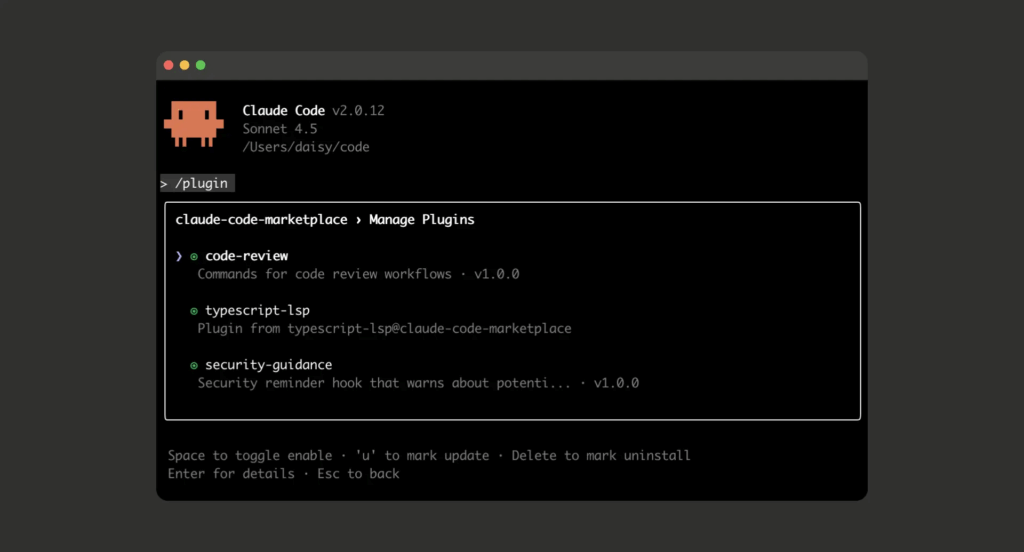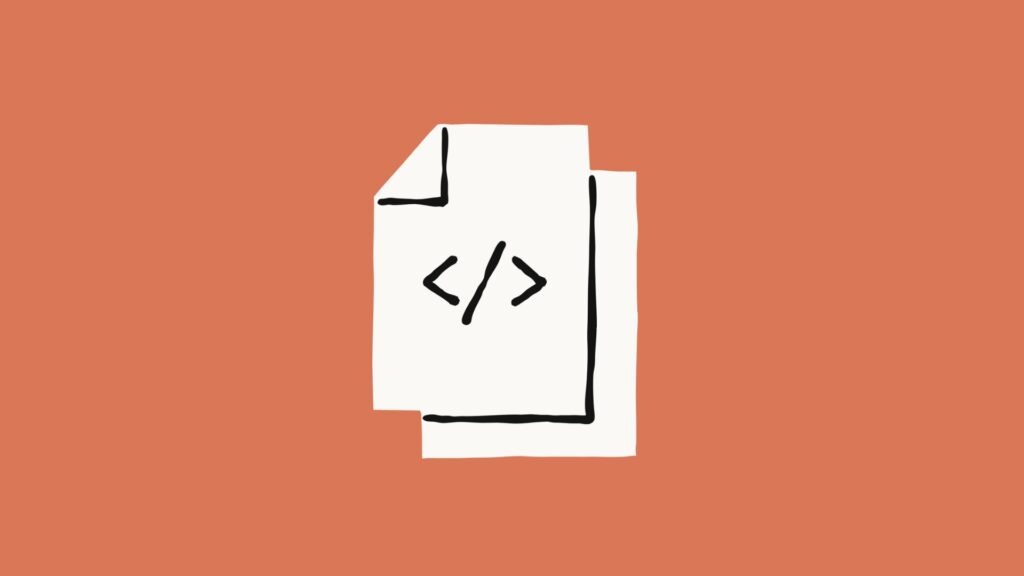Claude Code now empowers users with plugins streamlined collections of slash commands, agents, MCP servers, and hooks, all installable via a single command. This enhancement simplifies collaboration and workflow customization.
Extension points such as slash commands, agents, MCP servers, and hooks allow users to personalize Claude Code. Recognizing the potential of these setups, plugins were introduced to facilitate easy sharing among teams and the broader community. Plugins offer a simple way to package and distribute various elements
৹ Slash commands: Custom shortcuts for frequently used tasks.
৹ Subagents: Specialized agents tailored for particular development needs.
৹ MCP servers: Bridges to connect tools and data through the Model Context Protocol.
৹ Hooks: Tools to modify Claude Code’s actions at pivotal stages.
Users can install plugins within Claude Code using the /plugin command, currently in public beta. These plugins are designed for on-demand use. Activate specific capabilities as needed and deactivate them to minimize system prompt complexity. Plugins will serve as the standard method for sharing Claude Code customizations, with ongoing format updates as new extension points are added.

Plugins enable standardized Claude Code environments around established best practices. Typical use cases include
৹ Enforcing standards: Team leaders can maintain consistency with plugins that ensure specific hooks run for code reviews or testing. Supporting users: Open-source maintainers can offer slash commands to aid developers in using their packages correctly.
৹ Sharing workflows: Developers can share productivity workflows like debugging, deployment, or testing setups with ease.
৹ Connecting tools: Teams can link internal tools and data sources through MCP servers using plugins with consistent security and configuration.
৹ Bundling customizations: Technical leaders can package customizations for specific applications.
To facilitate sharing, anyone can host plugins and create marketplaces curated collections for developers to find and install plugins. Plugin marketplaces enable community sharing, organization-wide distribution of approved plugins, and building on existing solutions. To host a marketplace, all you need is a git, GitHub repository, or URL with a formatted .claude-plugin/marketplace.json file. Documentation provides further details. To use plugins, run /plugin marketplace add user-or-org/repo-name, then browse and install via the /plugin menu.
Plugin marketplaces amplify community best practices. For example, Dan Ávila’s marketplace offers plugins for DevOps automation, documentation, project management, and testing. Seth Hobson provides over 80 sub-agents in his GitHub repository, accessible via plugins. Example plugins are available for PR reviews, security, Claude Agent SDK development, and even creating new plugins.
Also Read: How BookMyShow Became India’s Undisputed Leader in Online Ticketing?










